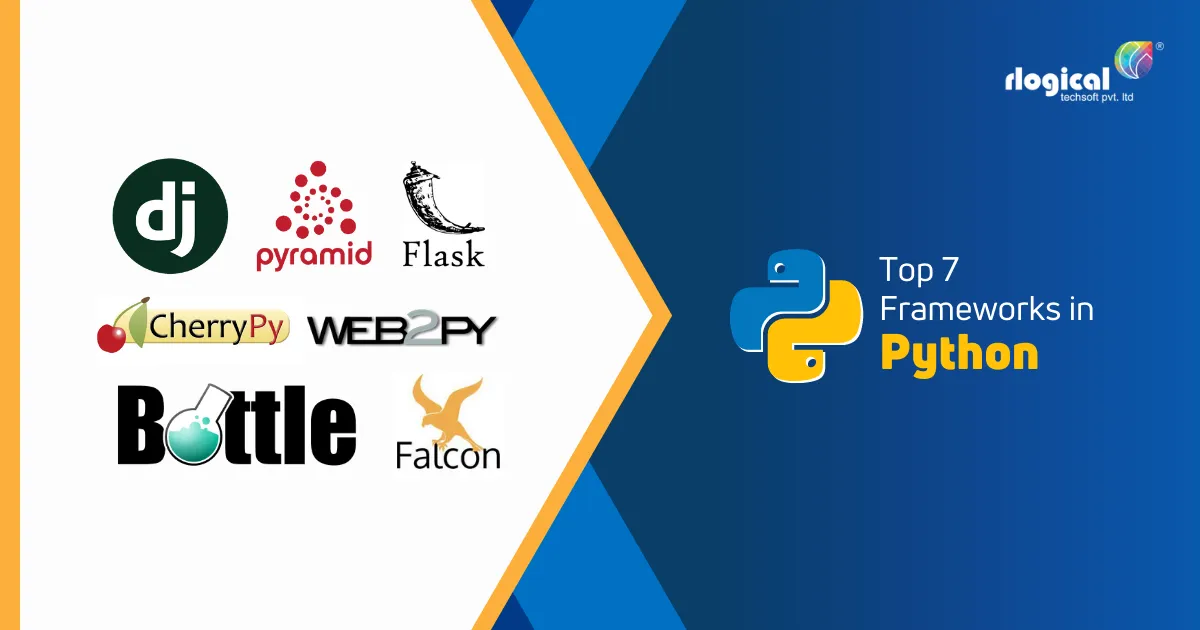
There is hardly any doubt that Python is dominating the world of application and web development at present. It has provided us with numerous applications on the platforms used by us and is considered the most demanding technology throughout the years. One significant reason for this is that Python comes with an extremely progressive aspect, known as Python frameworks regarding which we have mentioned in the following paragraphs.
Below, we have talked about the seven most popular Python frameworks that will surely demand your attention.
1. Django
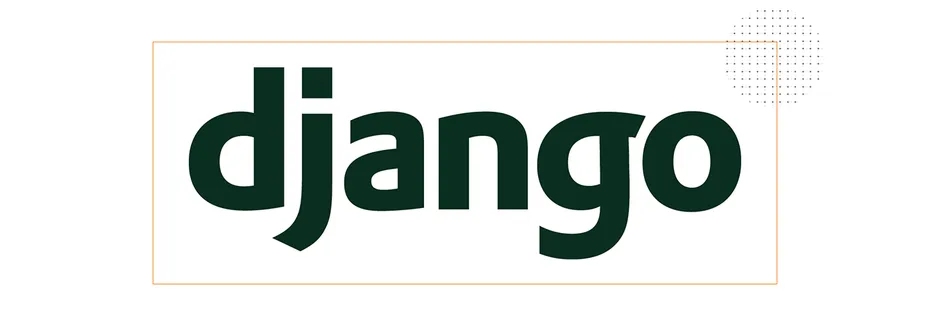
This happens to be an open-source framework that has been categorized under the category of full-stack frameworks. It is scalable, fast, and versatile and encompasses the attributes of routing, authorization, object-relational mapper, template engine, plus database schema migration.
This framework can work with well-known databases like Oracle, MySQL, SQLite, PostgreSQL, and 3rd-party drivers. Django can work flexibly, enabling it to scale from small to complicated web apps and develop useful MVPs. It is considered to be the most effective Python framework for machine learning.
Features:
- A templating engine
- Database version control
- URL routing
- Support for authentication
- Support for web servers
- Object-relational mapper
- a wide variety of libraries
- Support for globalization
The pros:
- Helps to save your time – Since Django comes pre-packaged and can be imported easily while starting a project, there is no need to code basic functionality. Professional Python developers have developed these packages, and therefore, there is no need for you to spend your time making certain that they are working effectively. Some packages consist of authentication, session management, and Google site map authentication.
- Strong community – From newbies to professionals, this framework unites a helpful and solid community that works actively to enhance and stabilize it and helps out one another. Besides this, Django offers comprehensive documentation, which makes it quite easy to comprehend.
- Scalability – Scalability happens to be a vital feature of many projects out there. In case you happen to be a startup, this framework will provide the required functionality, which will allow you to develop a small project which can be scaled as and when required. More user requests can be handled by you, along with an increasing number of data in case your web application is experiencing a growth spurt.
The cons:
- Django cannot be considered to be the ideal framework for developing real-time apps.
- It might appear to be monolithic since this framework comes pre-packaged along with ready-to-use libraries and features.
2. Flask
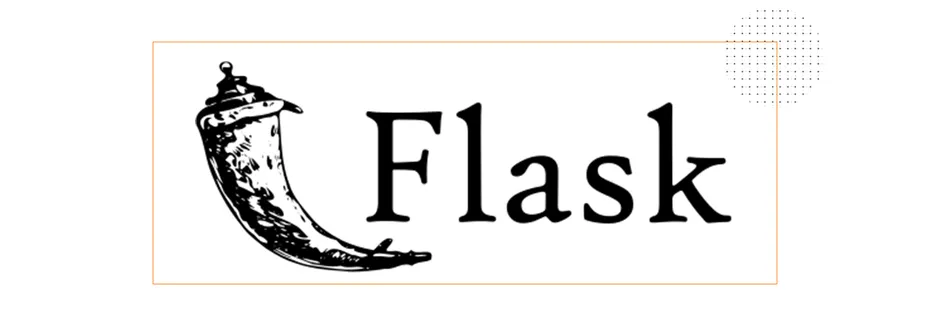
This particular framework can be categorized under the micro-framework group of Python frameworks. Flask helps create a powerful web application base and depends on the Jinja2 template and Werkzeug WSGI toolbox.
Being appropriate for small-scale projects, it was intended for open-ended applications. It features a debugger and a built-in server for development, along with support for unit testing and Google App Engine. Companies like Pinterest and LinkedIn are making use of this framework at present.
Features:
- Inbuilt fast debugger
- An inbuilt development server
- RESTful request dispatching
- Unit testing support
- HTTP request handling
- Jinja2 templating
- Unicode-based
- Supports secure cookies for establishing client-side sessions
- WSGI 1.0 compliance
The pros:
- Straightforward and minimalistic – With this framework’s help, it is quite simple to comprehend what procedures are run while an application is being developed with Python.
- Simple to create a quick prototype – Flask comes with all the tools you require for prototyping a web app. It is quite simple to create an application using the components which are available in the framework.
The cons:
- High expertise is required for programming.
3. Pyramid

This is one of those frameworks which do not work with much complexity. It can accommodate applications of virtually any size and can create complicated applications while scaling a small app. It likewise enables URL generation. The database or templating engine of this particular framework can be swapped out mutually. It also comes with decorators and XHR views, with which it will be possible to send Ajax very easily.
Features:
- Specification of asset location within a package
- URL generation
- Use of renderers and predicates
The pros:
- Quite flexible and simple to customize – It is possible to swap out any component within this framework for another one. You will also be able to use multiple components for one particular app or even connect to a couple of entirely different databases.
- Supports SQLAlchemy – If your project happens to be SQL-based, SQLAlchemy, which is a powerful database, will enable you to develop complex queries without any problem whatsoever.
The cons:
- It is imperative to spend a significant amount of time preparing the tools.
- SQLAlchemy might prove to be unhelpful for simple applications.
4. Bottle
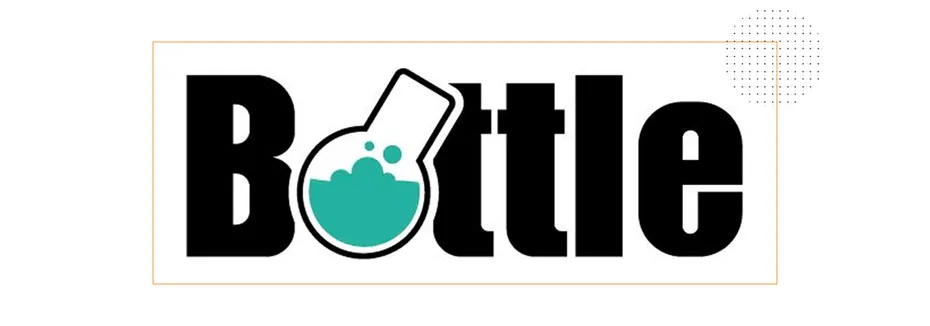
This particular framework has been classified under the micro-framework group used for creating APIs. According to its name, the scope is quite small and helps create an app with as many as 500 lines of code. It provides some innovative features like templating, routing, and so on. It happens to be the ideal framework for creating personal apps and also for prototyping.
Features:
- Support for external template engines
- Plugin support for various databases
- Support for WSGI
- An inbuilt HTTP server
- URL-parameter support
The pros:
- This framework has got almost everything required by you for supporting small websites, and it can also be implemented with plug-ins.
The cons:
- Ideal for only smaller web apps
- Limited examples and documentation
- Small community
Must Read: Python or Java: Which is best for Web and App Development?
5. CherryPy
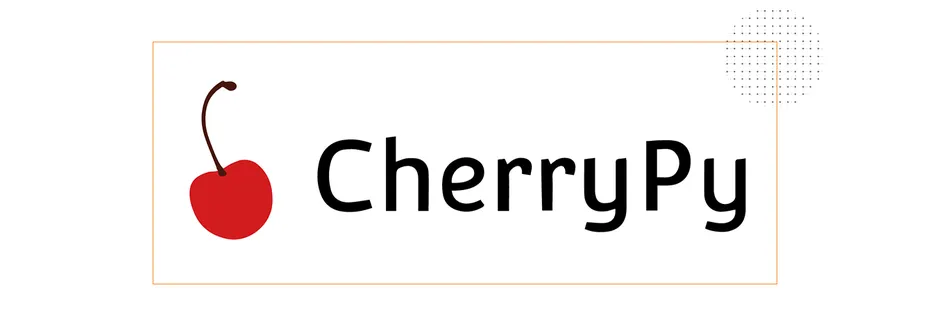
This framework allows the developers to create web apps in the same manner as other object-oriented programs in Python within a small amount of time. It comes with all capabilities like file uploading, session handling, cookies, static content, caching, encoding, authentication, etc. CherryPy runs different HTTP servers simultaneously on multiple ports.
Features:
- An inbuilt plugin system
- Support for simultaneous and multiple HTTP servers
- A configuration system
- Built-in coverage, profiling, and testing support
The pros:
- Production-ready server – If you do not like to use “gunicorn,” this framework comes with a production-ready server that can be employed instead.
- Dispatcher patterns – An extensive range of functionalities are supported by this framework with dispatcher patterns.
The cons:
- Lacks documentation significantly. Although it happens to be a drawback for beginners, it can cause problems while working with any project.
6. Web2py
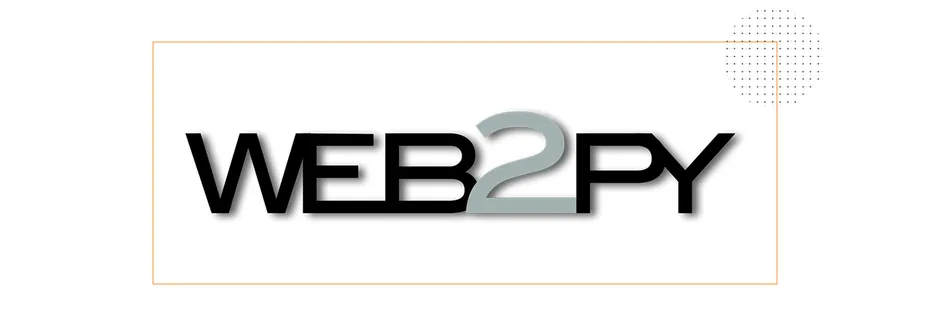
This particular framework comes with a debugger, a deployment tool, and a code editor, which helps create and debug code, test, and maintain applications. It likewise offers an exclusive ticketing system that will issue a ticket once there is an error. Web2py comes with built-in components for handling HTTP responses, requests, sessions, and cookies.
Features:
- Multiple protocol readability
- Backward compatibility
- Support for globalization
- Inbuilt data security
- Role-based access control
- Support for MVC architecture
The pros:
- Powerful, flexible, and extendable – This framework is a fantastic option for complicated applications along with beginner-friendly and simple apps.
- Community support – It can boast of having a community where you will find assistance with learning the framework or performing more complicated tasks.
The cons:
- A plug-in system that is inflexible.
- Unorthodox design patterns.
- Does not support Python 3.
7. Falcon

Falcon is ideal for projects which require the coding and development of REST APIs. This framework will allow you to create apps with a clean layout, and there is no need to load plenty of dependencies for creating HTTP APIs. It also supports Cython, which enables the developers to write a highly-optimized and extensible codebase.
Features:
- Support for Cython
- Intuitive routing
- Idiomatic HTTP error responses
- Upfront exception handling
- A highly-optimized and extensible codebase
- REST-inspired resource classes
The pros:
- Minimal dependencies and lightweight – This framework makes use of the standard library, mimeparse, and six, which makes it quite lightweight.
- Intended for REST APIs – Falcon is utilized to develop REST APIs and allow the developers to make design choices that will not be possible with a framework having a general-purpose.
The cons:
- Limited scope
- The minimalistic approach with extremely few dependencies makes this framework opinionated (one should build REST APIs only).
Are you looking for Python Development Services?
We at Rlogical Techsoft is known for delivering the best-in-class Python applications using cutting-edge tools and innovative Django python web development framework and programming language. Our team of knowledgeable and proficient experts deploys innovative & scalable Python applications within the stipulated time frame and at highly competitive pricing.
Rahul Panchal
Rahul Panchal is the Founder & Managing Director at Rlogical Techsoft Pvt. Ltd. He is a pioneer tech enthusiast who has assisted diverse enterprise solutions with a fresh perspective over the years. From integrating technologies like Full-Stack, .NET, Flutter & PHP, he has harnessed custom web or hybrid mobile app development projects. His creative outlook on the latest models of AI, ML, blockchain, and IoT, has made various businesses attain leading-edge success.
Related Blog
Categories
- All
- Amazon Web Services (AWS)
- ASP.Net Development
- Azure Web App
- Big Data Analytic
- Customize
- Digital Marketing
- Drupal Development
- E-commerce web development
- Education Mobile App Development
- Enterprise Application
- Event Management App Development
- Fintech
- Fitness App Development
- Food Delievery
- Front-End Development
- Healthcare App Development
- Hire Dedicated Developers
- Hotel Booking App
- IT Industry
- JavaScript Development
- Mobile App Development
- On Demand App Development
- On Demand Healthcare App Development
- PHP Development
- POS Software Development
- Real Estate Mobile App Development
- Retail Business App Development
- Salesforce
- Social Media Development
- Software Development
- Technology
- Transportation App Development
- UI/UX Design
- Web Design
- Web Development
- Web Services
- Web/Data Scraping Services
- WordPress


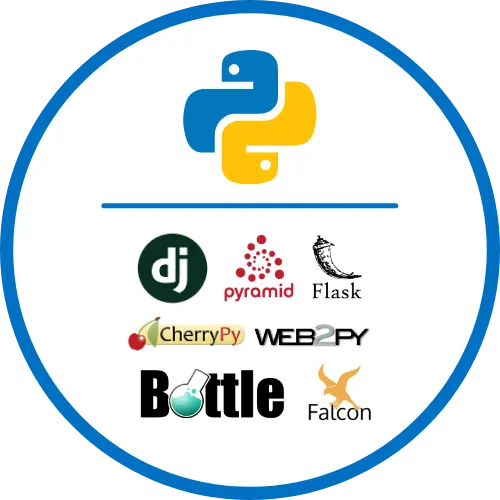
 Rahul Panchal in Python Development
Rahul Panchal in Python Development 





